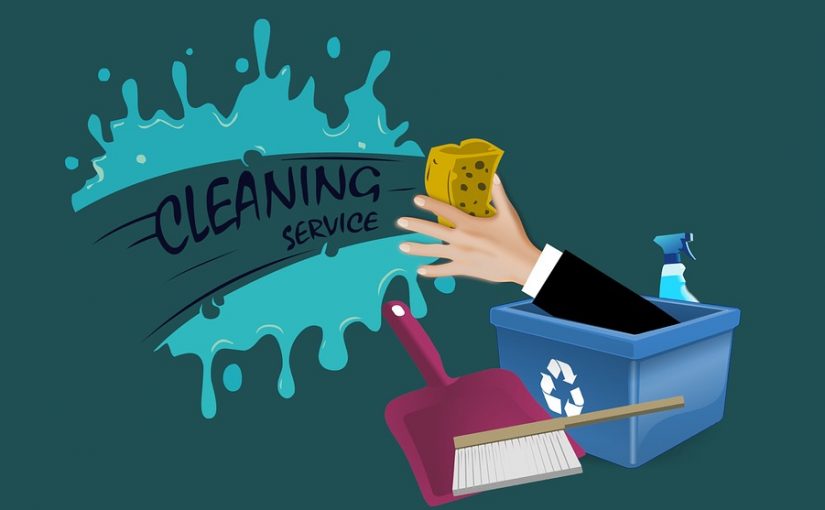What are the liability concerns for Gun Clubs and Shooting Ranges?
Gun Clubs
Gun Clubs and Shooting Ranges are businesses that provide places for firearms enthusiasts to practice firing various types of firearms. Some gun clubs and shooting ranges are indoors and allow shooting primarily with handguns at close distances. Other facilities are much larger. They may include outdoor facilities that allow shooting at long range distances. A majority of these facilities offer lessons and concealed carry classes for beginning firearms enthusiasts’. Not all facilities offer sales of weapons and accessories, rentals of weapons and even repair for damaged weapons; but those that do face additional liability. Still other facilities offer periodic tournaments and competitions. Each of these aspects of the business bring with them additional risks. Depending upon the business activities of each individual gun club or shooting range the liability needs for each business can be drastically different.

Workers Compensation Risks for Gun Clubs and Shooting Ranges
Workers Compensation Exposures at gun clubs and shooting ranges are similar to many facilities open to the public, but are different in some aspects. Slips, trips and falls are common causes of injuries in these facilities, but there is an increased level of risk when a firearm is involved. Injuries that involve a firearm tend to be much more severe in nature. Businesses that operate in this industry typically have a normal frequency of claims, but those claims do tend to be more severe. Because of this elevated amount of risk, all staff need to be thoroughly trained and required to wear proper safety equipment.

Safety concerns for Gun Clubs and Shooting Ranges
Employees at gun clubs and shooting ranges face both short term and long term risks. Firearms are loud. Very loud in some cases. Ear protection is important to protect the long term hearing health of your staff. Providing the ear protection for your employees and having a program in place to ensure they are actually wearing ear protection is essential to the long term health of your employees and the health of your business. Also, eye protection should be worn when in the presence of live fire. Again, it is wise investment for the business to provide proper safety equipment because it will ensure your employees are wearing the proper equipment. Additionally, if you require the employees to purchase their own equipment it can develop a bad attitude among the employees about the safety equipment. Spending additional investment on adequate safety and training programs can go a long way towards keeping your staff safe. A safe staff is a happy and productive staff. Taking additional time to protect your employees will help them be more productive and can prevent a costly insurance claim.







